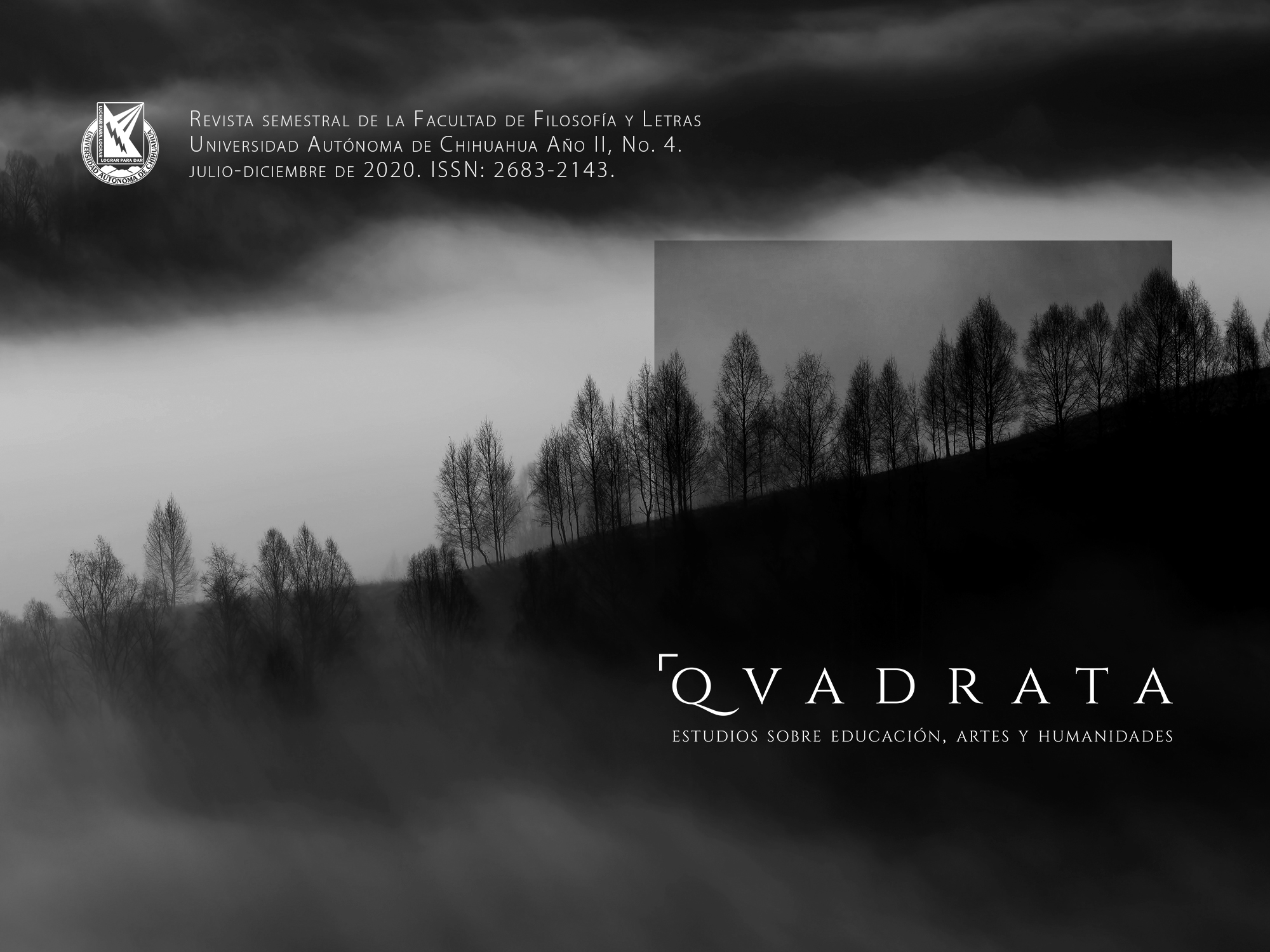Fake news, enemies of journalism, communication and Human Rights
DOI:
https://doi.org/10.54167/qvadrata.v2i4.778Keywords:
Virtual Reality, Freedom, Surveillance, MarketAbstract
One of the essential tasks of journalism and communication is the circulation of information in an equitable manner to all members of a society. Thus, journalistic and media work is implicit in the Human Rights proclaimed in December 1948, since, as stated in Article 19 of said document, the right to communication is a fundamental human right and the States must guarantee the freedom of expression and belief, in addition to guaranteeing freedom of expression but, above all, the same article stipulates the right to receive information by any means, regardless of the border. Under these precepts, we consider that the media and journalism have the obligation to generate ethical, critical and informed thinking in order to guarantee the fundamental right to information.
This article delves into this subject by exposing the importance of critical thinking in the media, the fight against so-called fake news and a review of the guarantees currently offered in the media to Human Rights in general.
References
Díaz, Frida. “Habilidades de pensamiento crítico sobre contenidos históricos en alumnos de bachillerato.” Revisa Mexicana de Investigación Educativa Sep. (2001), 6-13. Web 20 oct 2020
Dussel, Enrique. Europa, modernidad y eurocentrismo. Universidad Autónoma Metropolitana (UAM-I), (2000), CLASCO México, 2000, Print —. (14 agosto 2016) “Dialéctica de la modernidad, origen, desarrollo y ocaso. Clase 1” recuperado de: https://www.youtube.com/watch?v=kC-d3DJcPtqE&t=4s
Habermas, Jurgen. Der philosophische Diskurs der Moderne, Suhrkamp. Ed en español: El discurso filosófico de la modernidad. Taurus Humanidades, España. 1989, Print.
Herrera, Judith. “Verificación de noticias y el problema de la inmediatez: análisis de cobertura de una noticia falsa en medios digitales chilenos.” Anuario Electrónico de Estudios en Comunicación Social. Disertaciones Ene. (2020). Web 20 oct 2020
Herrero, E, “El periodismo en el siglo de las redes sociales.” Revista de Comunicación Dic (2011), 117. Web 20 oct 2020
Kovach, B. Rosentiel. Los elementos del periodismo. Aguilar, España. 2003
Lyotard, Jean. La Condición posmoderna, Informe del saber. Colección Teorema, Serie Mayor. Catedra, España. 2004
Unesco. Declaración sobre los Principios Fundamentales relativos a la Contribución de los Medios de Comunicación de Masas al Fortalecimiento de la Paz y la Comprensión Internacional, a la Promoción de los Derechos Humanos y a la Lucha contra el Racismo, el Apartheid y la Incitación a la Guerra. Sep (1978) Web. Oct. 2020
Wallerstein, Immanuel. Universalismo europeo, el discurso del poder. Ed.Siglo. XXI, México, (2015)





 QVADRATA. Estudios sobre Educación, Artes y Humanidades año V, número 9, enero-junio de 2023, es una publicación semestral editada por la Universidad Autónoma de Chihuahua. Calle Escorza #900. C.P. 31000, Chihuahua, Chih. Tel. (614) 439-1500 ext. 3844,
QVADRATA. Estudios sobre Educación, Artes y Humanidades año V, número 9, enero-junio de 2023, es una publicación semestral editada por la Universidad Autónoma de Chihuahua. Calle Escorza #900. C.P. 31000, Chihuahua, Chih. Tel. (614) 439-1500 ext. 3844, 
